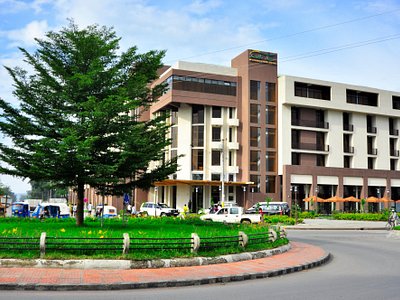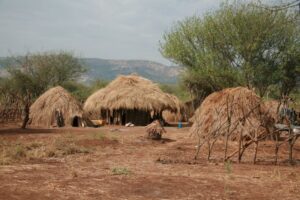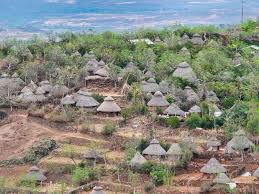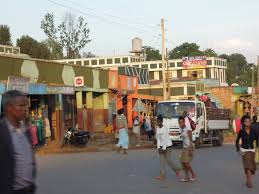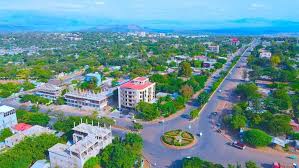Dilla is a bustling city in the Southern Ethiopia Region, formerly part of the Southern Ethiopia Region . Known for its rich cultural heritage, agricultural significance, and growing educational institutions, Dilla is becoming an increasingly important center in Southern Ethiopia. Whether you are interested in exploring the region’s history, learning about its people, or understanding its economic role, Dilla offers a unique blend of tradition and modernity.
Geographic and Historical Overview
Dilla is located in the Gedeo Zone, which is home to the Gedeo people, one of the many ethnic groups in Southern Ethiopia. The city is situated along the main road that connects Ethiopia’s capital, Addis Ababa, with Kenya, making it a key transit and trade hub in the region. Dilla’s location along this important highway has contributed to its steady growth over the years, attracting people from various parts of the country.
Historically, Dilla has been a center for the Gedeo people’s rich culture and traditions. Over time, the city has developed into an administrative and economic hub, balancing its cultural heritage with growing urbanization.
The Culture and People of Dilla
The Gedeo people, who primarily inhabit Dilla and its surrounding areas, are known for their deep connection to the land and their agricultural expertise. They practice a traditional agroforestry system, using their fertile land to grow coffee, enset (false banana), and other crops. Gedeo culture is also deeply spiritual, with the people holding a reverence for nature, reflected in their respect for sacred forests and trees.
1. The Gedeo Agroforestry System
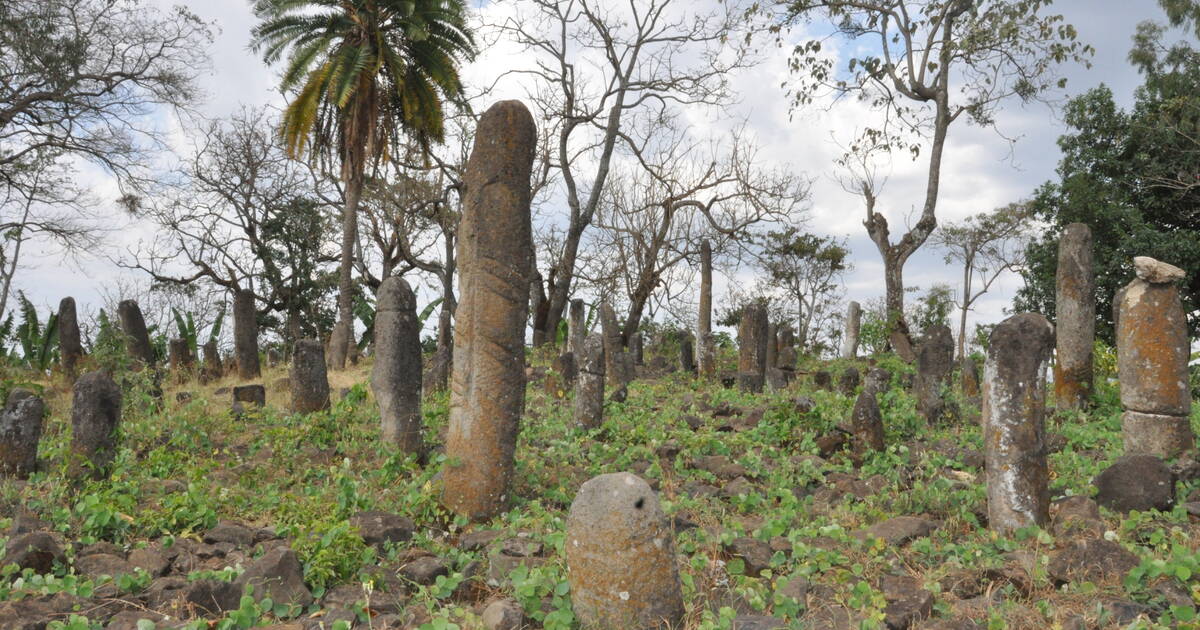
The Gedeo people have developed a unique and sustainable agroforestry system that has been recognized by UNESCO as part of Ethiopia’s cultural heritage. This system involves cultivating a variety of crops, such as coffee, fruits, and root vegetables, alongside trees, which helps to maintain the soil’s fertility and prevent erosion. Coffee, in particular, plays a vital role in both the economy and the cultural identity of the Gedeo people.
Dilla’s surrounding areas are known for producing some of Ethiopia’s finest coffee beans, particularly Yirgacheffe coffee, which is highly sought after both locally and internationally. The city serves as a hub for coffee production and trade, with many smallholder farmers bringing their beans to market in Dilla.
2. Cultural Festivals
Dilla is home to vibrant cultural festivals that reflect the rich traditions of the Gedeo people. One of the most prominent is the Fichee-Chambalaalla Festival, which is celebrated by the Gedeo community to mark the new year. This festival, which involves colorful processions, traditional dances, and communal feasting, is a significant event that brings together the Gedeo people and other ethnic groups from the region. The festival was also recognized by UNESCO as part of Ethiopia’s intangible cultural heritage.
Education and Dilla University
Dilla University is one of the most important institutions in the city, playing a critical role in the development of both the city and the region. Established in 1996, the university has grown to become a center for higher education, offering programs in a wide range of fields, including agriculture, business, engineering, and social sciences.
1. Impact on the Local Economy
The presence of Dilla University has had a significant impact on the local economy. The influx of students, faculty, and staff has spurred the growth of businesses in the city, including restaurants, hotels, and retail shops. The university also provides employment opportunities for many residents of Dilla, both directly and indirectly.
2. Research and Development
Dilla University is involved in various research initiatives aimed at improving the agricultural practices and livelihoods of the surrounding communities. One of its key areas of focus is coffee research, with the university working to improve coffee yields and quality in the Gedeo Zone. The university’s agricultural programs are helping to advance the region’s reputation as one of Ethiopia’s premier coffee-producing areas.
Economic Importance of Dilla
Agriculture, particularly coffee farming, is the backbone of Dilla’s economy. The city is strategically located in one of Ethiopia’s most fertile regions, with an abundance of smallholder farms that produce coffee, fruits, and vegetables. Coffee from the Yirgacheffe region, which includes Dilla, is internationally recognized for its high quality and distinct flavor, making it one of the country’s most valuable exports.
1. Coffee Trade
Dilla is a central hub for the coffee trade, with many local farmers bringing their crops to market in the city. Coffee cooperatives are also prevalent in the area, helping small-scale farmers access both local and international markets. The coffee industry provides employment for a significant portion of the population, from farming and harvesting to processing and exporting.
2. Other Agricultural Products
In addition to coffee, Dilla and its surrounding areas produce enset, bananas, and other fruits, which contribute to the local economy. The agroforestry system practiced by the Gedeo people ensures that the land remains fertile, allowing for the sustainable production of multiple crops. This diversity in agricultural output helps to support the livelihoods of the local population and creates a more resilient economy.
Infrastructure and Development
Dilla’s strategic location along the Addis Ababa-Kenya highway has contributed to its growth and development. The city has seen improvements in infrastructure, including road networks, which have made transportation easier for both goods and people. The city also has access to telecommunications, banking, and healthcare services, which are essential for supporting its growing population.
1. Transport Links
The Addis Ababa-Kenya highway, which passes through Dilla, is one of the busiest trade routes in the country. This highway connects Ethiopia to its southern neighbor, Kenya, facilitating trade and commerce between the two countries. Dilla’s position along this route has made it a key stop for transport and logistics companies, further boosting the local economy.
2. Urbanization and Expansion
As Dilla continues to grow, it faces the challenges of urbanization, including managing the influx of people and ensuring access to essential services. The city’s authorities have been working to improve urban planning and infrastructure to accommodate its expanding population.
Conclusion
Dilla is a city that combines cultural richness with economic importance. Its role as a coffee-producing hub, along with its vibrant traditions and growing educational institutions, makes it a central player in Southern Ethiopia’s development. Whether you’re interested in its unique agroforestry practices, its renowned coffee industry, or its cultural heritage, Dilla offers a window into both the past and future of Ethiopia’s southern regions. As the city continues to grow, it remains rooted in its traditions while embracing new opportunities for progress.

